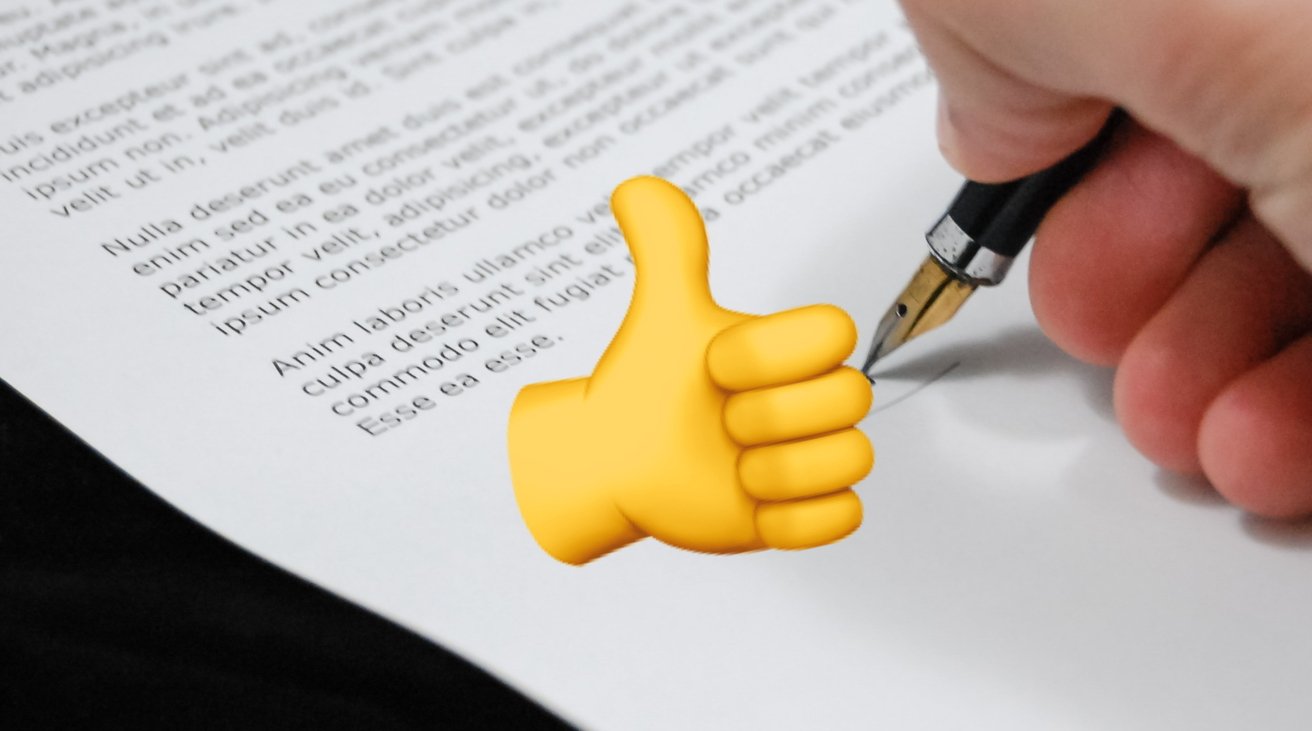
A Canadian judge has ruled that the thumbs-up emoji is as valid as a signature under a contract. He said the courts must adapt to the “new reality” of the way people communicate when he decided to order the farmer to pay 82,000 Canadian dollars ($61,442) for an unfulfilled contract.
Recently, a court in the Canadian province of Saskatchewan considered a case in which a grain buyer from South West Terminal sent a mass text message to customers in March 2021, advertising that the company wanted to buy 86 tons of flax at a price of 17 Canadian dollars (12.73 US dollars) per bushel, The Guardian reports.
The buyer, Kent Mickleborough, spoke to farmer Chris Achter by phone and sent him a photo of a November flax contract, asking the farmer to“confirm the flax contract” in a message.
Akhter, who lives in Swift Current, simply put a “thumbs up” emoji in the message. But Akhter didn’t deliver the flax in November, and by then the prices for the crop had risen.
Mickleborough and Akhter argue about the meaning of emojis. The buyer pointed to previous contracts confirmed by text messages, hinting that the emoji meant that Akhter agreed to the terms of the contract.
But Akhter said the emoji only meant that he had received a contract in a text message.
“I object to the acceptance of the ‘thumbs up’ emoji as a digital signature of an incomplete contract,” Akhter said in the affidavit.“I didn’t have time to review the flax contract and just wanted to show that I received his text message.”
At one stage of the trial, Akhter’s lawyer objected to his client’s cross-examination on the meaning of the thumbs-up emoji, arguing that his client “is not an expert on emoji.”
Judge Timothy Keene, who in one case used the definition of the symbol from dictionary.com, was upset that the case “led the parties to a long search for the equivalent of the Rosetta Stone in cases from Israel, New York State and some tribunals in Canada, etc. to find out what the 👍 emoji means.”
“This court recognizes that the 👍 emoji is an unconventional way to ‘sign’ a document, but that it was still a valid way to express the two purposes of the ‘signature’ in these circumstances”
he wrote.
Keane also rejected the defense’s argument that allowing the ‘thumbs up’ emoji to mean consent would “open the floodgates” to new interpretations of other emoji, including ‘fist’ and ‘handshake’. Having concluded that the thumbs-up emoji can be used to conclude contracts, Keane stated that the court “cannot (and should not) attempt to stem the tide of technological advancement and widespread use” of emoji.
“This seems to be becoming a new reality in Canadian society, and the courts must be prepared to deal with the new challenges that may arise from the use of emojis and similar symbols,” – said the judge.
Thus, this case sets an important precedent for how traditional symbols and gestures are reinterpreted in the digital communications era, emphasizing the importance of adapting to changing forms of interaction over time.

